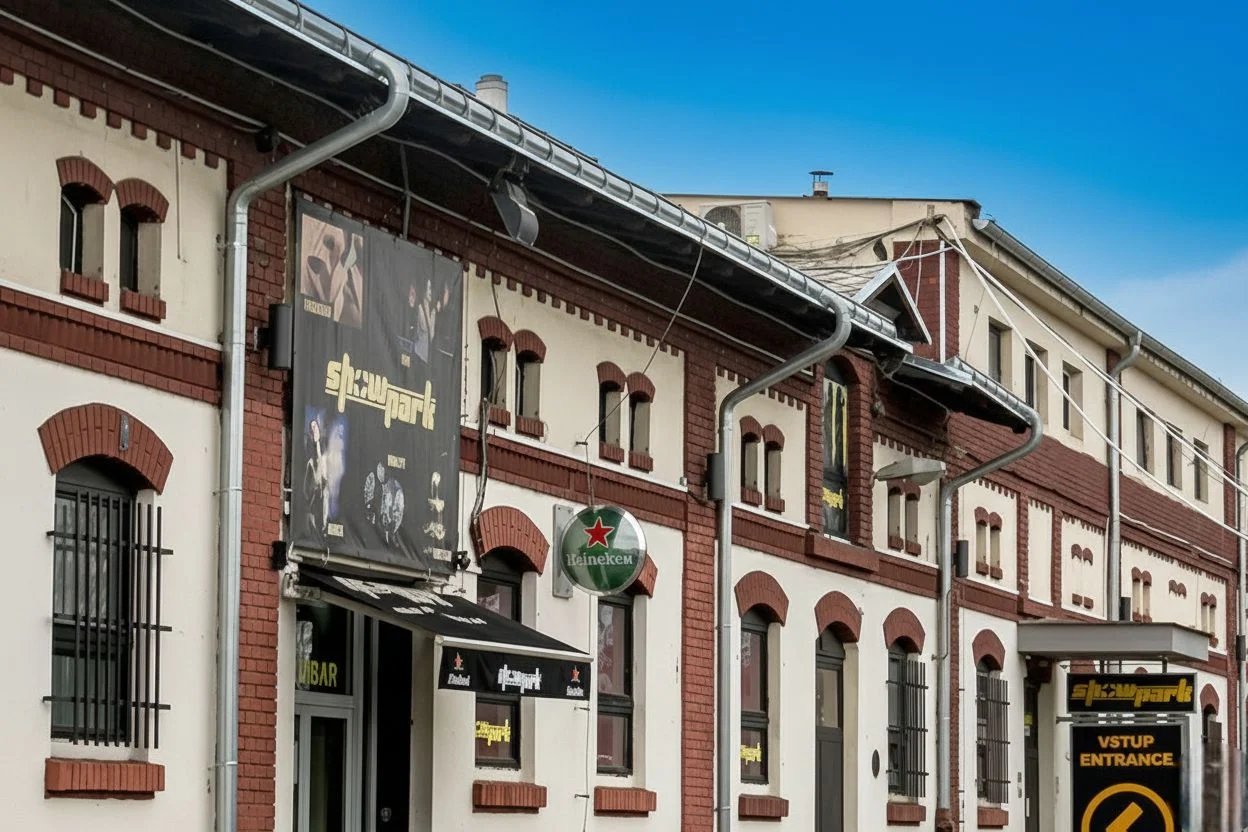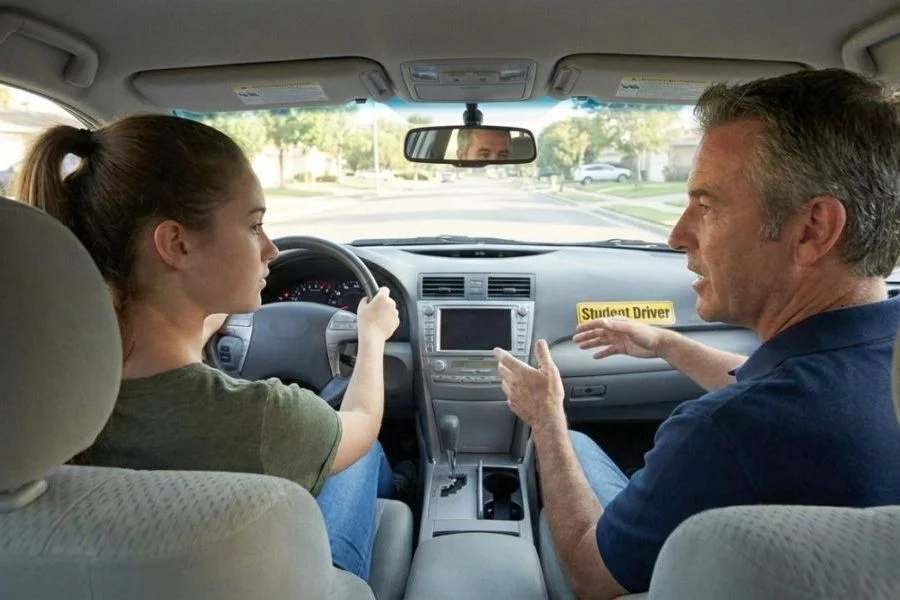
New Campaign in Prague Illustrates Effective Strategies for Addressing Sexual Harassment on Public Transport
Have you ever experienced harassing remarks, unpleasant looks, vulgar gestures, or unsolicited touching on public transport? If so, you may have been subjected to sexual harassment. According to a study by the Government Office’s Gender Equality Department, one in three women and one in ten men in the Czech Republic have encountered harassment on public transport. Worryingly, a third of those who have witnessed such incidents have not reacted.
The new campaign in Prague, entitled ‘Obtěžování do MHD nepatří’ (Harassment Does Not Belong on Public Transport), aims to educate the public about the various forms of harassment and demonstrate effective ways bystanders can intervene in these situations.
“It is important that we make it clear what behavior is unacceptable on public transport and that it is okay to speak out against harassment,” explains Zdeněk Hřib, Deputy Mayor for Transport.
One way to help is to speak directly to the person crossing the line, for example, by saying, “Stop it!” or “That’s not okay!” This takes courage, but it can be effective. If you don’t feel comfortable doing this, you can address the person being harassed directly with, “Are you okay? Can I help you?” If direct confrontation is not an option, creating a distraction can also be helpful. Even a small interruption can provide the person in need with the space to exit the situation. Questions such as “What time is it?” or “Does this tram go to Šumavská Street?” can be useful in these moments. There is always a way to assist someone in a difficult situation.
Anna Hrábková from the Konsent organization, which helped create the campaign, emphasizes, “We want to show what harassment looks like and encourage people to come forward if they see something that is not right. The campaign aims to help recognize and prevent harassment.”
The campaign will run from mid-August to mid-September and will be visible on city billboards, at bus stops, and on buses and trams throughout Prague. In addition to the posters, QR codes will link to a website (CZ) offering tips on how to intervene and providing an option for anonymous reporting.
Radan Šafařík, Director of the Department for Gender Equality, points to alarming survey results: “A quarter of women do not feel safe from sexual harassment while traveling. It is crucial that we work together to combat these abuses and not blame the victims.”
Petr Tomčík, Director of ROPID, emphasizes, “This campaign aims to encourage people not to remain indifferent. With simple tips, we want to help passengers react safely and without fear.”



